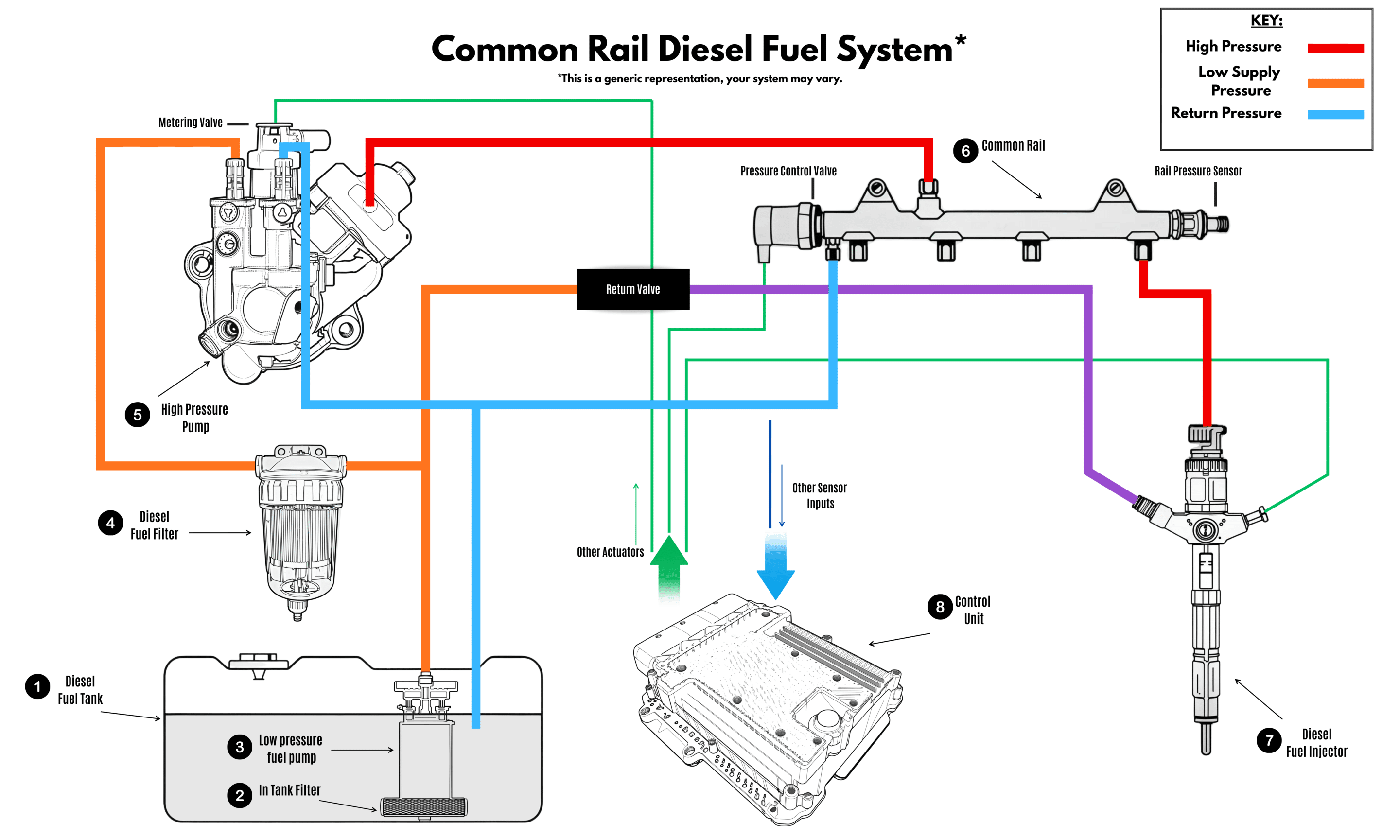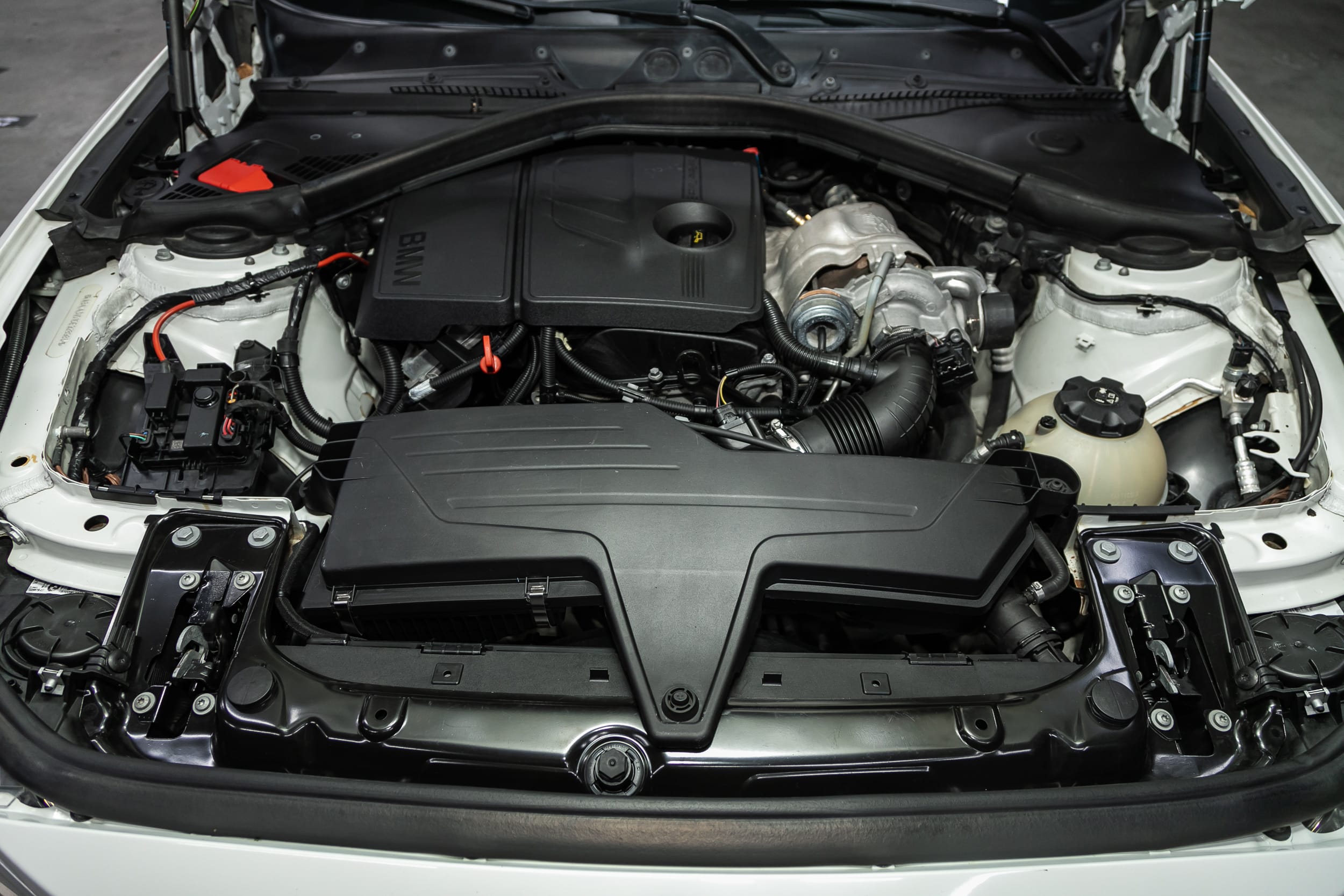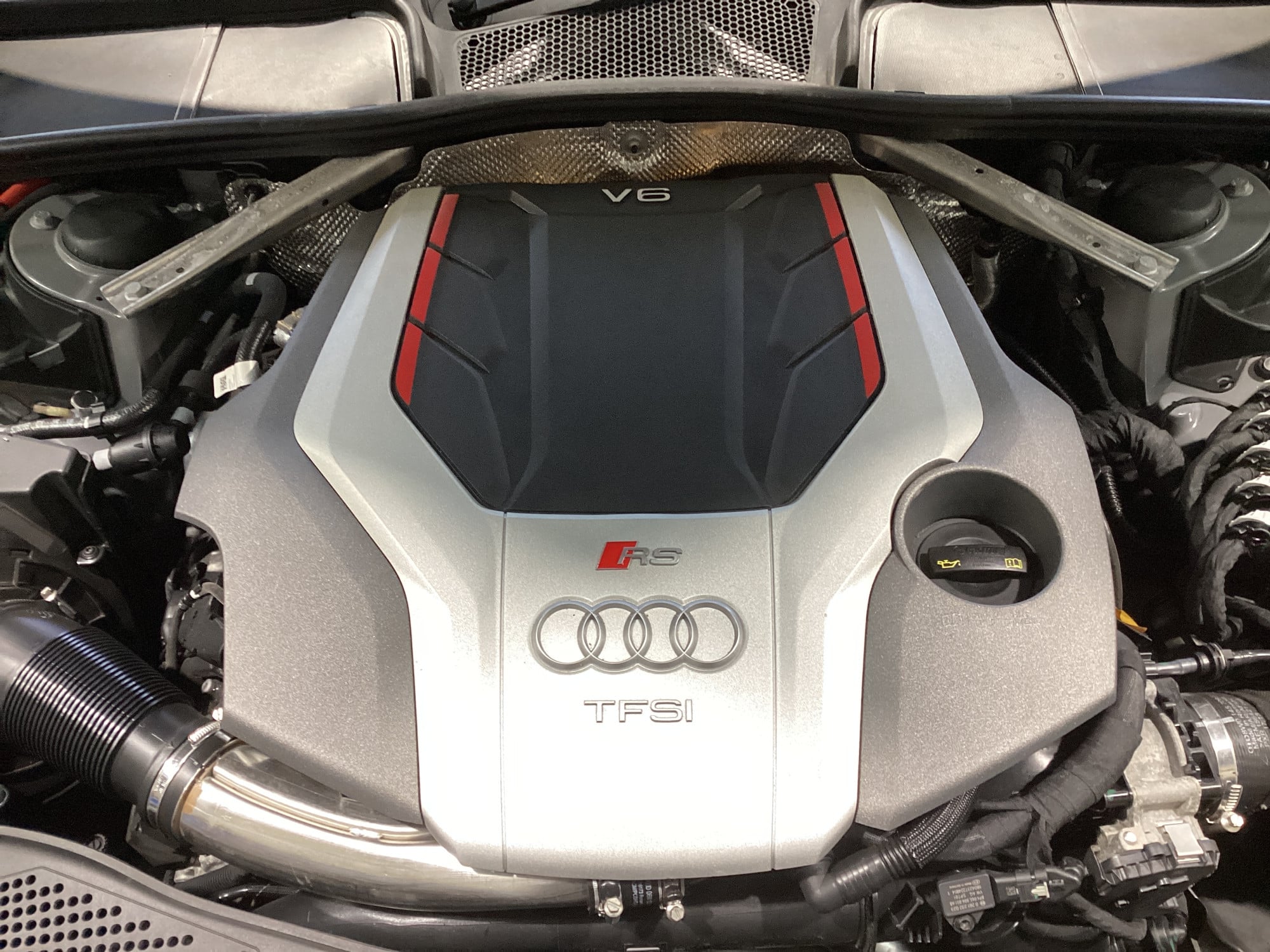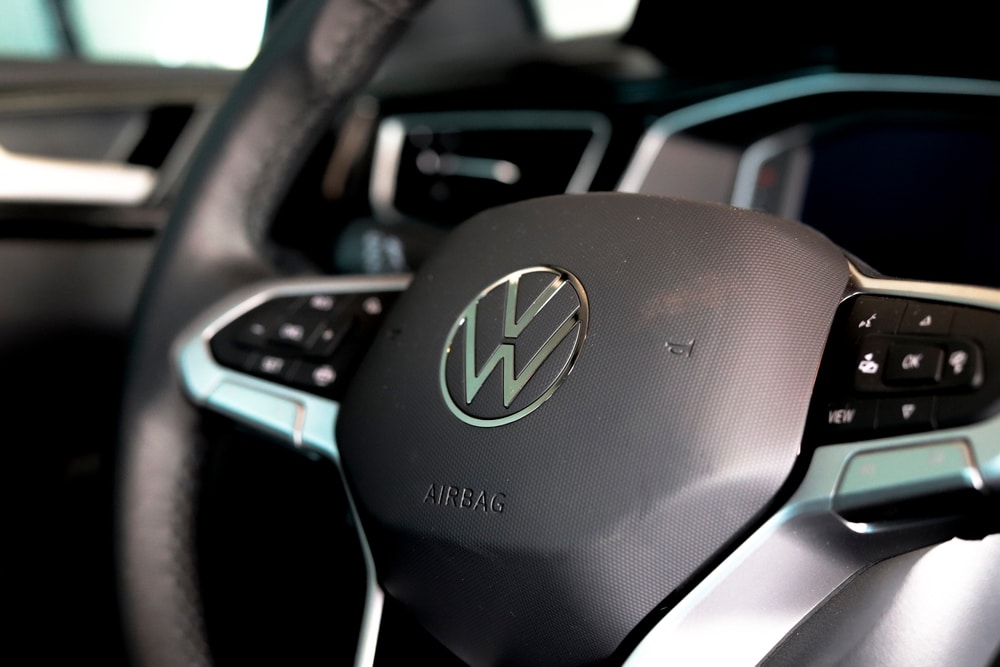Understanding Your Diesel Fuel System
When something goes wrong with your diesel fuel system, it can often leave you with a large repair bill.
This network of pumps, filters, and injectors is vital for your engine’s operation. It ensures fuel is delivered where it’s needed for combustion. Without it, your car wouldn’t start.
Many modern diesel vehicles rely on a highly engineered common rail diesel fuel system. This system carefully controls both fuel pressure and delivery, giving today’s engines their blend of strength, efficiency, and reliability.
Here’s the challenge.
Because the diesel fuel system functions at extreme pressure with microscopic precision, even minor oversights, like postponing a diesel fuel filter replacement or an accident like filling up with petrol, can trigger serious and expensive failures, which is the last thing you need.
In this article, we’ll explain how your diesel fuel system operates, what can go wrong if it’s overlooked, and why routine servicing at Quality Car Service in Milton Keynes could save you thousands in repairs.
How Your Diesel Fuel System Works
There are several different designs of diesel fuel systems, but most modern vehicles use what’s known as a common rail diesel fuel system.
Although there are many variations between manufacturers, the core principle is the same: a high-pressure rail delivers fuel to all injectors, which allows consistent delivery and accurate control over injection timing.
This common rail diesel fuel system is split into two main parts:
- Low-pressure stage: The diesel fuel pump moves fuel from the tank, passing it through filters before it reaches the high-pressure pump. This stage ensures a steady, clean supply of fuel at the correct pressure, free from water and contaminants, before it enters more critical components.
- High-pressure stage: The high-pressure pump then raises the fuel to the required pressure and feeds it into the common rail, which keeps it under constant pressure. From there, the diesel injectors atomise the fuel into a fine mist at the exact moment needed for combustion.
In short, the diesel fuel system guarantees that an optimal amount of clean, pressurised fuel reaches the cylinders reliably, keeping your engine performing as it should.
If you’d like confirmation of the system your vehicle uses, the team at Quality Car Service in Milton Keynes can check this during a scheduled service.
Inside the Diesel Fuel System – A Closer Look
Now that we’ve covered the overall picture, let’s look at the main parts that make up the common rail diesel fuel system. Each component plays a specific role, and together they ensure your engine runs smoothly and reliably.
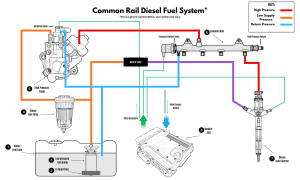
The Low-Pressure Side of the Diesel Fuel System
Fuel Tank & Low-Pressure Fuel Pump
The process starts at the fuel tank (part 1 of image). From here, a low-pressure pump (part 3 of image) moves diesel forward towards the high-pressure stage, keeping the flow steady and reliable.
Diesel Fuel Filter
Prior to entering the critical parts of the system, the fuel is cleaned by filters (parts 2 and 4 of image). They trap dirt and extract the water found in diesel, reducing the risk of expensive damage.
High Pressure System
High-Pressure Pump
Once filtered, the diesel reaches the high-pressure pump (part 5 of image). This component compresses the fuel to extremely high levels (around 1800 Bar) required for injection into the engine.
Metering and Pressure Control Valves
Two important valves keep this stage working correctly:
- The fuel metering valve regulates how much fuel moves into the high-pressure stage.
- The pressure control valve ensures the common rail holds the right pressure for the engine’s needs.
Fuel Rail
The common rail (part 6 of image) can be thought of as a pressurised reservoir. It keeps the diesel at high pressure and delivers it evenly to each injector.
Diesel Injectors
Finally, the diesel reaches the injectors (part 7 of image). These finely engineered parts have nozzle holes similar in size to a strand of human hair; they atomise the diesel into the cylinder as a delicate mist at precisely the right time.
What Makes the Diesel Fuel System Special
On the surface, the diesel fuel system may look like little more than pumps, pipes, and valves. In truth, it’s a highly engineered system with several standout features:
- Extreme precision in pressure and timing: The system combines low-pressure delivery with ultra-high-pressure injection, supplying exactly the right amount of diesel in fractions of a second. It manages pressures thousands of times greater than those in your car tyres, ensuring the fuel atomises for efficient combustion.
- Precision-built components: From the low-pressure pump and filters to the injectors, every part is designed to work with remarkable accuracy. This coordinated effort results in smoother running, better efficiency, and dependable performance.
- Sensitivity to contamination: Because everything operates at such tight tolerances, even tiny particles or traces of water can cause corrosion, wear, or failure. Replacing the diesel fuel filter at the recommended intervals and using quality fuel are essential steps to safeguard the entire diesel fuel system.
These features show why the diesel fuel system is both powerful and finely tuned. When serviced correctly, it helps your engine deliver reliable performance. However, if neglected, even small issues can turn into costly repairs.
It’s really not worth skipping a service to save money… It’ll likely come back to haunt you.
Booking your service with Quality Car Service in Milton Keynes is one of the best ways to keep your diesel fuel system in peak condition.
What Happens If the Fuel System Is Neglected
Because the diesel fuel system operates with such high pressure and accuracy, even minor neglect can result in major issues. Here are some of the common problems that arise when servicing is skipped:
- Skipping filter changes: Diesel filters trap dirt while removing the water content that naturally occurs in diesel. Without a timely replacement per the manufacturer’s guidelines, dirt and water can move through pumps and injectors, leading to wear and corrosion across the system.
- Using low-grade fuel: Poor-quality diesel often contains more impurities or water, accelerating damage inside the entire diesel fuel system. This contamination can create debris that circulates throughout the system.
- Ongoing damage: Once particles or contamination are present, they can move through the pump, rail, and injectors, causing repeated failures and expensive repairs. Replacing individual components without removing the source of the problem leaves the damage cycle in place.
In short, the price of a diesel fuel filter replacement is small compared with the potential cost of a complete system failure.
Another risk comes from misfuelling. Putting petrol into a diesel vehicle is a simple mistake, but it’s highly damaging. Because petrol doesn’t provide the lubrication that diesel does, even starting the engine briefly can cause harm to the high-pressure pump and injectors.
If this happens, avoid starting your car and immediately call a professional to deal with the misfuelling issue.
Protecting Your Diesel Fuel System
Your diesel fuel system is highly precise and powerful. When it’s properly cared for, it works in the background, keeping your engine running optimally. Yet, if it’s neglected or misfuelled, problems can appear suddenly, resulting in costly repairs.
The good news is that simple steps can reduce the risk of major issues.
Following the servicing schedule in your vehicle handbook, changing diesel fuel filters when advised, and choosing quality diesel are straightforward ways to keep your engine healthy.
By staying on top of routine maintenance now, you could avoid far more serious problems further down the line.
When it comes to protecting your diesel fuel system, choosing the right garage makes all the difference. Quality Car Service in Milton Keynes provides expert care and dependable servicing, helping you keep your vehicle in its best condition.
Why Drivers Choose Quality Car Service, Milton Keynes
Here are some of the reasons why drivers in Milton Keynes and the surrounding areas choose Quality Car Service for their Diesel fuel system maintenance:
- A 12-month parts and labour guarantee is included with all work.
- Courtesy cars available to keep you moving while your vehicle is with us.
- Skilled technicians delivering expert servicing and repair.
We’re trusted by drivers across Milton Keynes who rely on our team for honest, professional care.
Book your next diesel service with Quality Car Service in Milton Keynes today by calling 01908 376555.
FAQ: Diesel Fuel System
- What is a common rail diesel fuel system?
Common rail systems operate in two stages. Initially, fuel is drawn from the tank at low pressure and cleaned by pumps and filters before entering the high-pressure pump. Once pressurised, the diesel is stored in the rail, a reservoir that keeps fuel ready for use. The injectors then atomise controlled amounts of diesel into the cylinders with perfect timing. This arrangement supports stable delivery, efficient burning, and smooth engine operation. - How does a diesel fuel system work?
Diesel systems vary in design, but most modern vehicles use a common rail setup. Fuel is pumped at low pressure from the tank through filters, then pressurised by the high-pressure pump. It is stored in the rail before being injected into the cylinders for combustion. - What are common causes of diesel fuel system damage?
Problems often stem from missed filter changes, contaminated or poor-quality fuel, water build-up, or accidental petrol filling. Even small contaminants can circulate through the system and cause damage. - Why is diesel fuel system maintenance important?
Regular servicing prevents dirt, water, and wear from damaging pumps and injectors. Replacing the diesel fuel filter on schedule helps maintain reliability, reduce breakdown risk, and avoid expensive repairs. - What happens if petrol is put into a diesel tank?
Petrol lacks the lubrication of diesel, so if it enters the system, it can quickly harm the high-pressure pump and injectors. Even starting the car for half a second may spread petrol through the rail and lines, worsening the damage. If this happens, do not start the vehicle; contact a professional immediately. - How much does it cost to repair a diesel fuel system?
The overall cost depends on your vehicle, the type of issue, and the severity of the damage. Replacing a diesel fuel filter as part of routine servicing is far less expensive than the cost of a full system repair. Once contamination or wear spreads through pumps, rails, and injectors, the work becomes far more complex and significantly more costly.
Still have questions about your diesel fuel system? Call Quality Car Service in Milton Keynes on 01908 376555 for expert advice or to book your service.
